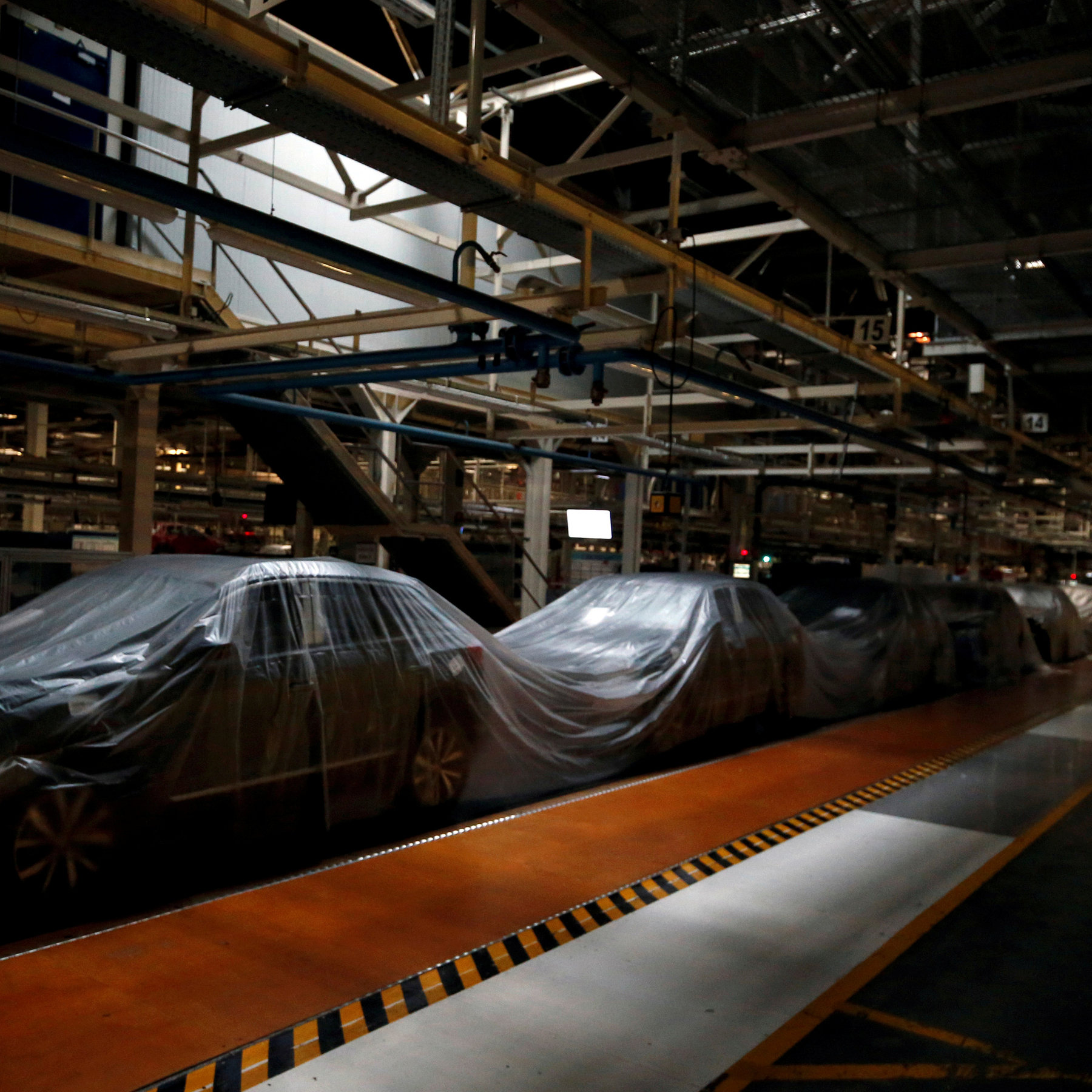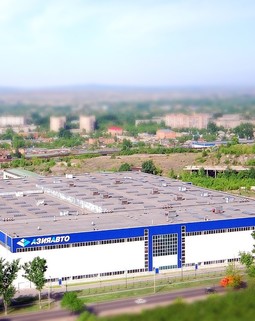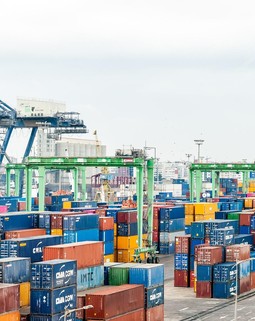Wire harnesses are among the Ukrainian items that European automakers are scrambling to replace.
BERLIN, Germany —As Russia's invasion halts manufacturing lines and disrupts complicated supply chains, automakers such as BMW and Volkswagen Group is trying to find alternate suppliers of crucial parts made in Ukraine from as far away as Mexico and China.
The search for fresh suppliers is the latest hurdle for an auto sector currently beset by rising energy and metal prices, a semiconductor chip, and a shortage of pandemic-plagued supply lines. The war in Ukraine has halted the production of wire harnesses, which are used up to 5 kilometers (3.1 miles) of cables in a typical car. Vehicles cannot be manufactured without them because they are unique to each model.
As a corollary, BMW and VW have reduced production and temporarily shut down some automated machines, while Mercedes-Benz is modifying shift scheduling at its main factory in Sindelfingen, near Stuttgart, where the EQS electric sedans and EQS electric sedan S-Class sedan are produced. Audi, the premium brand of the Volkswagen Group, said the entire company is striving to persuade significant suppliers to shift their wire harness production from Ukraine to other factories or find other suppliers. Mexico, North Africa, Eastern Europe, and "maybe" China are all part of the search, according to the report.
Western Ukraine has emerged into a key production base for wire harnesses, with France's Nexans and Japan's Fujikura among companies producing there, thanks to its inexpensive, highly skilled labor, closeness to Europe's auto factories, and a plethora of raw materials.
Since the invasion, certain industries, such as Fujikura, have completely stopped producing in Ukraine, while others are functioning at a limited capacity. Fujikura and Nexans did not respond to queries for clarification on their plans.
Moving production to other low-cost regions with a thriving wire harness sector, such as Romania, Tunisia, or Serbia, necessitates the purchase of new equipment, which can take months to operate.
Suppliers and automakers, according to industry sources, are debating who would foot the bill. Suppliers were not named by the automakers that were interviewed for this piece. Some Ukrainian wire harness manufacturers, such as Kromberg & Schubert, Leoni of Italy, and Yazaki of Japan, already have plants in other countries.
K&S and Yazaki did not return calls for comment, while Leoni in Germany refuses to elaborate on its plans. Ukraine continues to provide a trickle of supplies. Because of worker safety concerns, one wire harness producer in the country's west spoke on the condition of anonymity. He stated that some production takes place during the day, but that it is shut down at night due to lockdowns.
According to OEC Group's Klein, some trucking businesses are transporting wire harnesses into Romania because the violence has not yet reached that region. That could be about to change. "As time goes on, the percentage of truckers willing to travel those routes will dwindle," Klein said. "At some point, you won't be able to get anything out of there peacefully."





